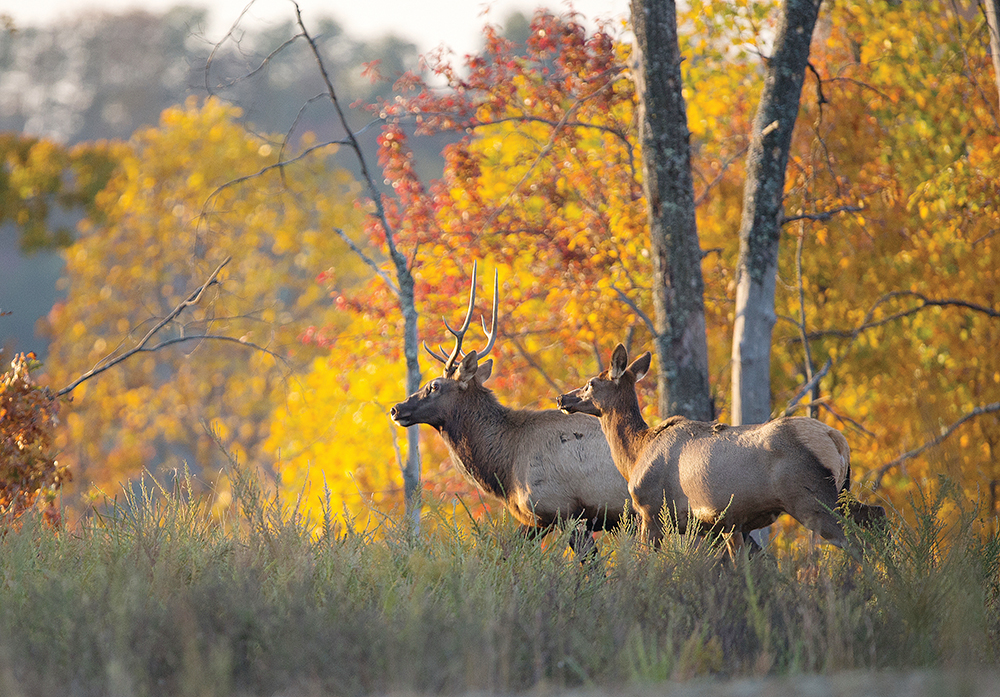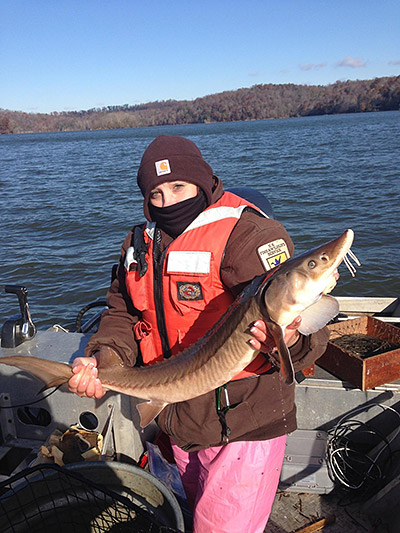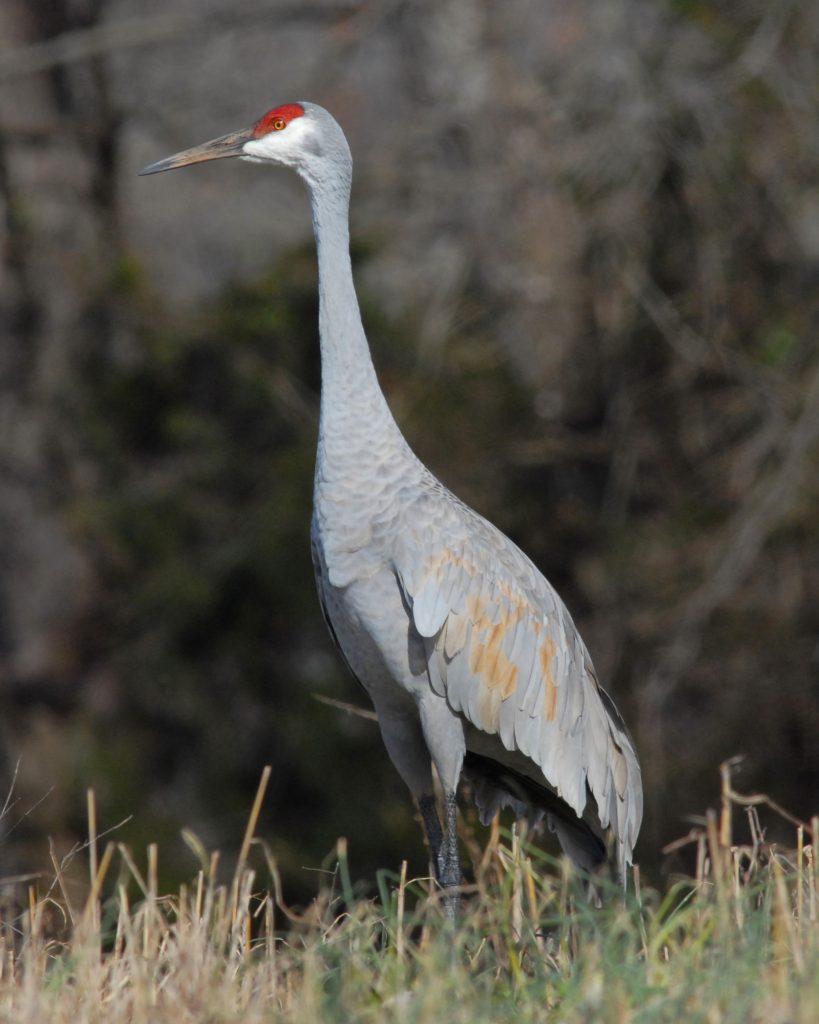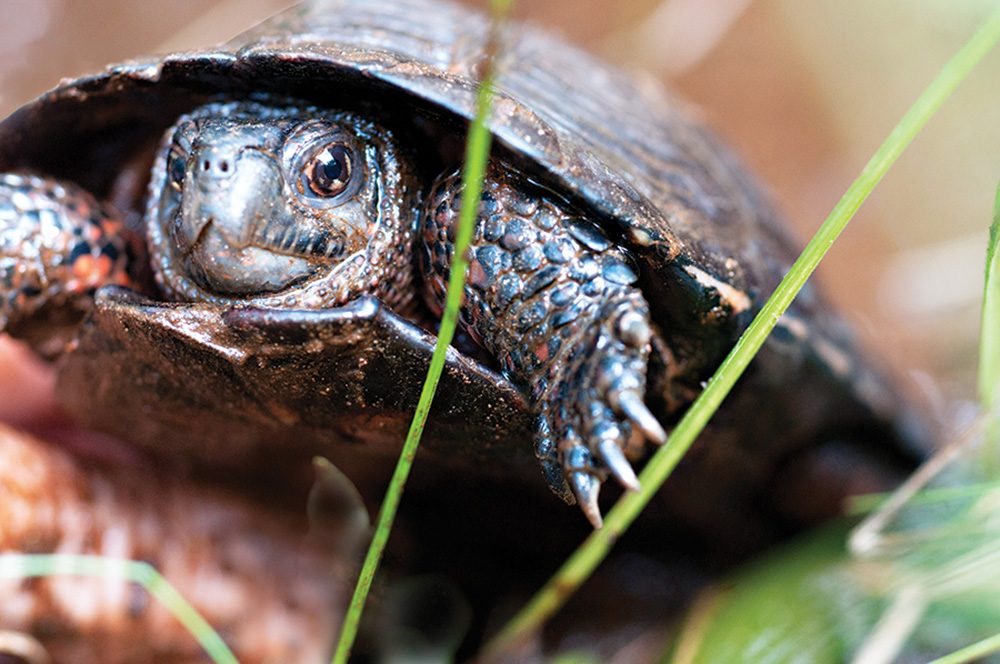Elk Make Slow Return to Appalachia
When European colonists arrived in the 1400s, Eastern elk were the most widespread hooved animal on the continent, but the subspecies was declared extinct by 1880. Today, however, another type of elk are slowly returning to Appalachia.
The Lake Sturgeon: Ancient Fish, Modern Recovery
The lake sturgeon is the largest and longest-living freshwater fish native to the southeastern United States. In evolutionary terms, this primitive fish has changed little since it swam among dinosaurs, but its continued survival was in doubt until recently.
Sandhill Cranes: A Winter Spectacle in Southeast Tennessee
Each winter, thousands of redheaded, long-legged sandhill cranes descend upon the mud flats and grain fields along the banks of the Tennessee River at the Hiwassee Wildlife Refuge in Southeast Tennessee.
Forest Fugitives
Wanted: Six invasive species accussed of trespassing on American soil and robbing her of her natural resources.
Exploring Mountain Bogs
Although mountain bogs represent less than one percent of the southern Appalachian landscape, they are pockets of immense ecological and practical importance and provide a haven for many rare plants and animals.








